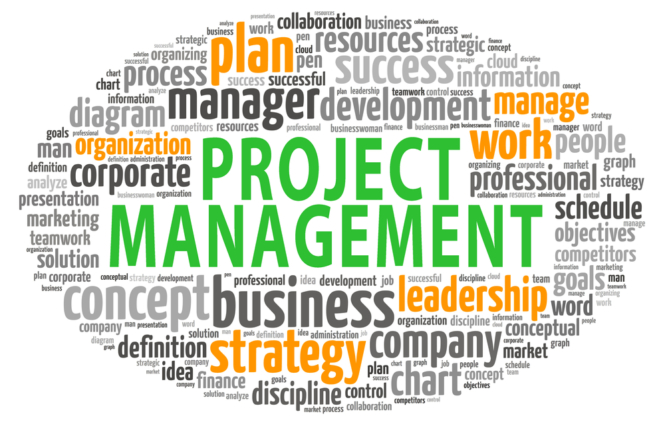Transforming Vision into Reality: The Importance of Project Management in Government Initiatives
The current state of public sector projects, especially government initiatives, paints a concerning picture. The lack of essential project management tools and detailed analysis, including risk assessment, stakeholder issues, and cost management, is glaringly evident in numerous government-led initiatives.
The art of execution remains the greatest challenge. Dr. Martin Barnes, APM President from 2003-2012, succinctly captured the essence of project management: “At its most fundamental, project management is about people getting things done.” However, the high rate of failure and rejection of various government initiatives indicates a significant gap in applying basic project management principles.
Project management is not merely a managerial concept; it’s an essential framework for actualizing ideas. As Johann Wolfgang von Goethe insightfully noted, “Thinking is easy, acting is difficult, and to put one’s thoughts into action is the most difficult thing in the world.”
This truth resonates profoundly within the public sector, where numerous initiatives, from the introduction of new insurance premiums to the enforcement of seat belts in commercial vehicles and the distribution of Ebola vaccines, have stumbled due to inadequate stakeholder engagement and poor execution strategies.
The underutilisation of essential project tools and detailed analysis in government projects, such as risk assessment, stakeholder analysis, and cost management, is alarming. Simple initiatives fail due to the lack of a robust execution mindset. The key is not just in promising or envisioning change but in meticulously crafting and following a detailed execution plan that aligns with realistic timelines and resources.
During the last NDC regime, for instance, simple undertakings such as the implementation of new insurance premiums, the introduction of seat belts in commercial vehicles, and the distribution of Ebola vaccines faced significant challenges and lacked adequate stakeholder approval. This was largely due to the absence of effective project management in these initiatives.
Recent examples of uncompleted projects like the National Cathedral, the redevelopment of La General Hospital, and the transformation of the 80-acre Agbogbloshie site starkly illustrate this disconnect. These projects, meant to uplift and transform, have instead led to the displacement of people and property, costing millions of dollars, yet remain indefinitely abandoned.
The solution lies in the rigorous application of project management. Every promise, every initiative, must be ‘projectised.’ This means defining clear objectives, timelines, budgets, and resource plans. If a promise cannot be translated into a project framework and closed on schedule, it should be reviewed, modified, or even cancelled. The mantra should be clear: do not let your own promises drown you because of pride.
Not every project is guaranteed success; this inherent uncertainty underscores the critical importance of project risk management and communication. Effective risk management involves identifying, analyzing, and responding to potential risks in a project, ensuring that any unforeseen issues can be addressed proactively rather than reactively.
It’s about anticipating what could go wrong and having contingency plans in place. Equally important is communication, which serves as the lifeline of any project. Clear, consistent, and transparent communication keeps all stakeholders informed and engaged, enabling swift and effective decision-making, especially in times of crisis.
It helps in managing expectations and fosters a collaborative environment where challenges can be tackled collectively. Together, risk management and communication form the backbone of a resilient project management strategy, preparing teams to navigate uncertainties and adapt to changes, thereby increasing the chances of a project’s success.
The public sector urgently requires reforms and education in new ways of project management. Only through the adoption of a systematic, disciplined approach can we bridge the gap between ideation and actualisation. Project management is not just a tool; it’s a mindset, a culture that needs to be ingrained at all levels of government planning and execution.
The message is clear: talk is cheap. Execution is everything. It’s time to transform our approach to government initiatives, treating each promise not just as an aspiration but as a project that needs to be managed, monitored, and brought to fruition. This is the path to turning visions into realities, the path to true progress.



